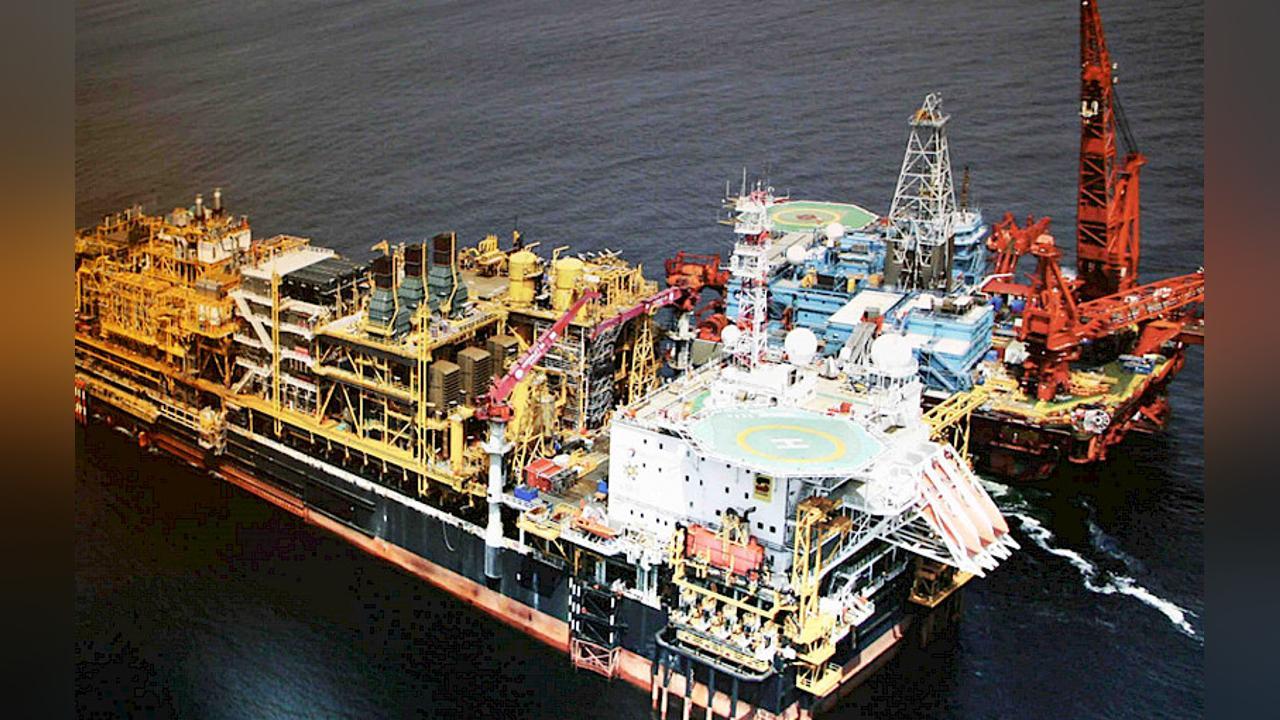Africa-Press – Angola. The Republic of Angola maintains its proposal to produce 1,180 million barrels of crude oil per day, in 2024, despite the Organization of Petroleum Exporting Countries (OPEC) assigning a quota of 1,110 million barrels/day.
The Angolan Government’s position comes hours after the 36th Ministerial Meeting of OPEC and its allies, an event held on Thursday (30/11), via video conference.
In a press release, the Ministry of Mineral Resources, Oil and Gas (MIREMPET) of Angola clarifies that, during the OPEC meeting, among other matters, participants deliberated on crude oil production quotas for the year 2024.
On that occasion, the note states, the Republic of Angola was allocated a production quota of 1,110 million barrels of crude oil per day, defined based on projections from secondary sources.
Due to the fact that the decision was not taken unanimously and was against Angola’s position, during the meeting, the Angolan Government reiterated its proposal to produce 1,180 million barrels of crude oil/day for the year 2024, according to MIREMPET.
Following this position, he adds, Angola sent a note of protest to the OPEC General Secretariat.
However, the Government also recalls that Angola has been a member of OPEC for more than 16 years and during this period it has fully complied with all its obligations, as well as sharing the efforts made by the signatory countries of the Declaration of Cooperation of this Organization and its allies (OPEC+) have developed, with a view to stabilizing the international oil market.
Initially, the OPEC Ministerial Meeting was scheduled, in person, for the 25th and 26th of November this year, in Vienna (Austria), but was postponed to Thursday (30/11), via online, at a time when that the Angolan delegation was already on its way to the event location when it was informed of the postponement.
The Organization of the Petroleum Exporting Countries (OPEC or OPEC, in English) is an intergovernmental organization of 13 nations, founded on September 15, 1960, in Baghdad, by the five founding members (Iran, Iraq, Kuwait, Saudi Arabia and Venezuela) .
As of September 2018, the then 14 member countries represented 44% of global oil production and 81.5% of the world’s “proven” oil reserves.
However, other major producers, such as the United States of America, Canada, Brazil, China and Qatar, do not participate in the Organization.
Furthermore, with the acronym “OPEC+”, this Organization also includes the so-called “allied countries”, which are not exactly part of this Block, but act jointly in some international policies linked to oil trade and mediation between members and non-members.
Among the allies that make up OPEC+ are currently countries such as Azerbaijan, Bahrain, Malaysia, Mexico and Russia.
For More News And Analysis About Angola Follow Africa-Press






